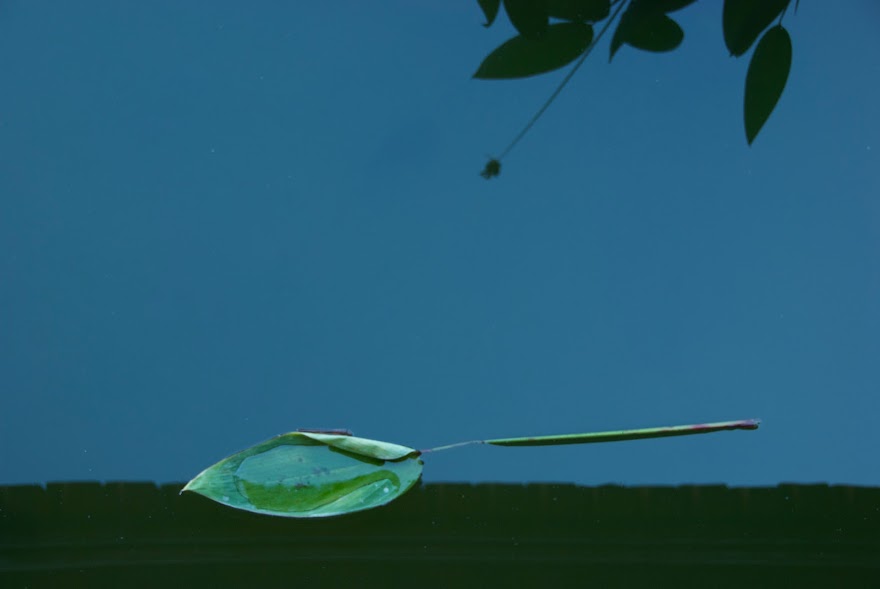My congratulations to those New Zealanders who wanted their team to win the America’s Cup and to all New Zealanders for the All Black’s victory over the British Lions in the rugby test. My condolences to those New Zealanders who didn’t want the Cup to come back and disrupt Auckland, to the Australians who sailed the ‘American’ boat, and to British rugby fans.
Of the America’s Cup, New Zealand deserved the win, not just for having the faster boat and for their nearly perfect sailing, but also for going their own way in development and training.
Among the rumors of what New Zealand will do to change the next challenge are that they will tighten the laughable rule on national origin, which presently requires that one team member be from the country a boat is allegedly representing. The ‘USA’ boat—and you may have noticed that in the name ‘USA’ came last. ‘Oracle’ first—had the minimal one American in the crew. Two others have dual passports, but are Australian.
I hope that rule is changed.
Another rumor is that they will abandon the foiling catamarans and revert to monohulls. I think that would be a huge mistake. These boats are incredible. Almost literally.
This is the first America’s Cup I have consistently watched. If they go back to monohulls, it will probably also be the last.
Of rugby, New Zealand’s victory was expected, but impressive none the less because that small country has been on top of the rugby world seemingly forever and keeps on turning out young talented players.
I checked to see if I could watch or record the match on American television. I couldn’t. The morning after the match, I found no mention of it in American media. I had to go to the NZ HERALD to find the result, which was, of course, also in the OBSERVER.
————
The Gill smock arrived Friday and is even more impressive than the pants, with double seals at neck and waist. I can hardly wait for foul weather.
Actually I can.
I am back on GANNET four weeks tomorrow and hope the weather is fair forever.
————
Perhaps the most famous of the Greek poet C.P. Cavafy’s poems is ‘Ithaca’. I have read that it was first written in 1894, but not published until 1911.
Also in 1894, Cavafy wrote ‘Second Odyssey’, which I just found in an Unpublished Poems section of a book of his poetry translated eloquently by Daniel Mendelsohn. I found the poem online in translations I like less than Mendelsohn’s, so I copied his out below.
Had he lived later, Cavafy could have added his countryman, Nikos Kazantzakis, to those poets who believed Ulysses would not settle into a tranquil old age. Kazantzakis wrote an epic, THE ODYSSEY: A Modern Sequel, three times longer than Homer’s Odyssey in which Ulysses sails from the island and walks the length of Africa. I wrote my senior English paper on it.
While I have the temerity to claim to be Ulysses--actually as a sailor, Ulysses would have to have temerity to claim to be me--I am not quite this one. My heart is not empty of love.
Second Odyssey (1894)
Dante: Inferno, Canto XXVI
Tennyson, “Ulysses”
A second Odyssey, and a great one, too,
greater than the first, perhaps, But alas,
without a Homer, without hexameters.
Small was his ancestral house,
small was his ancestral town,
and all his Ithaca was small.
Telemachus’s affection, the faithfulness
of Penelope, the years of his father’s old age,
his old companions, the people’s unswerving love,
The blessed repose of the house
entered like rays of joy
into the heart of the seafarer.
And like rays they sank.
Inside of him
there awakened the thirst for the sea.
He hated the air of dry land.
Phantasms of the West
disturbed his sleep at night.
Nostalgia took hold of him:
for voyages, and early-morning
arrivals in harbors which,
with what joy, you enter for the first time.
Telemachus’s affection, the faithfulness
of Penelope, the years of his father’s old age,
his old companions, the people’s unswerving love,
and the peace and repose
of the house—they all bored him.
And he left.
When Ithaca’s headlands
slipped away bit by bit before him
and he voyaged westward at full sail,
towards Iberia, toward the Heraclean pillars,—
far from every Achaen sea.—
he felt that he lived once again, that
he’d slipped the burdensome bonds
of things that were known and familiar.
And his heart, adventuress,
exulted coldly, empty of love.
C.P. Cavafy
C.P. Cavafy
